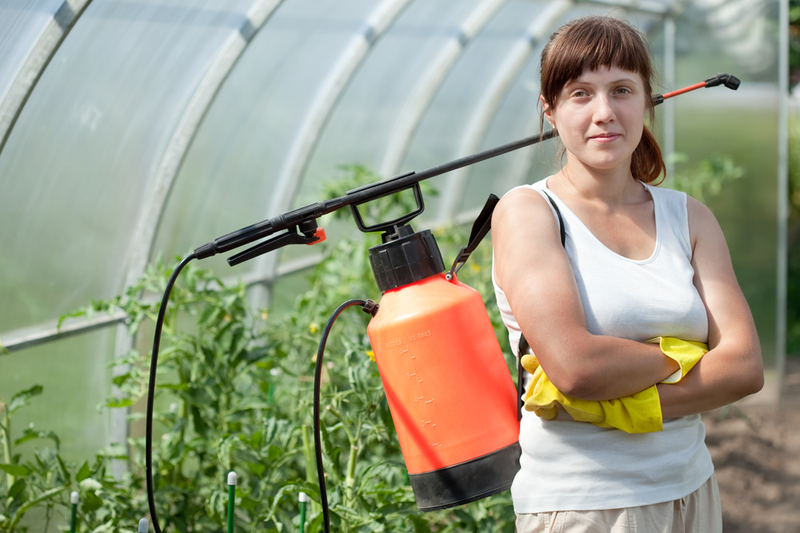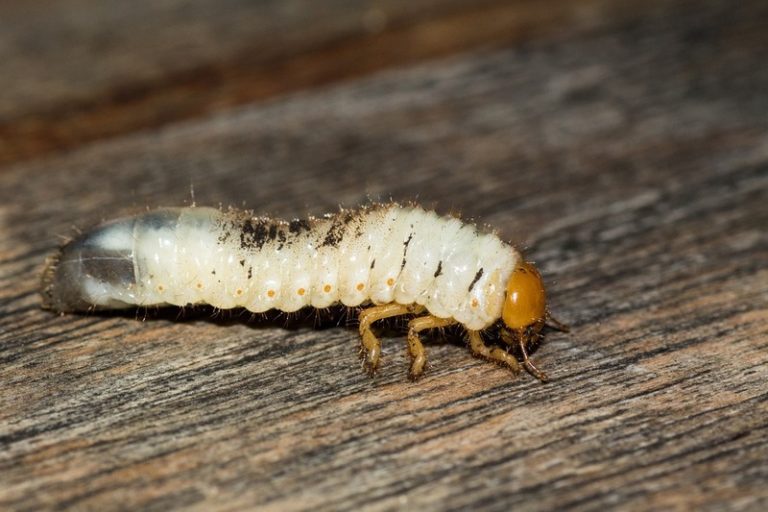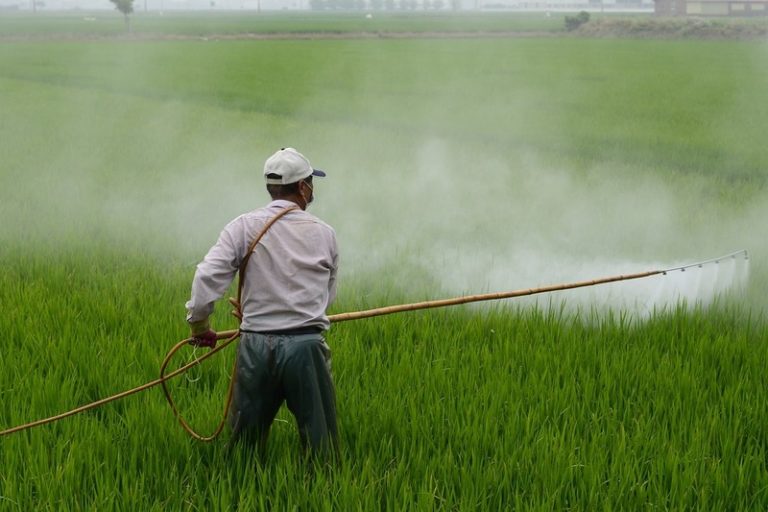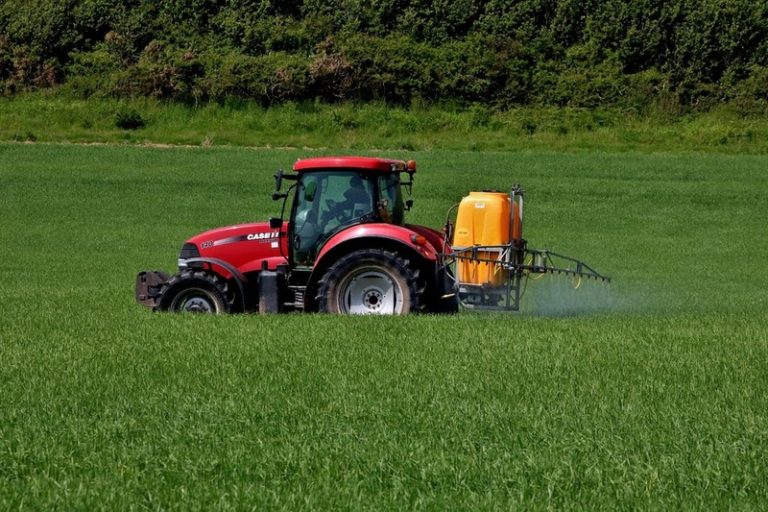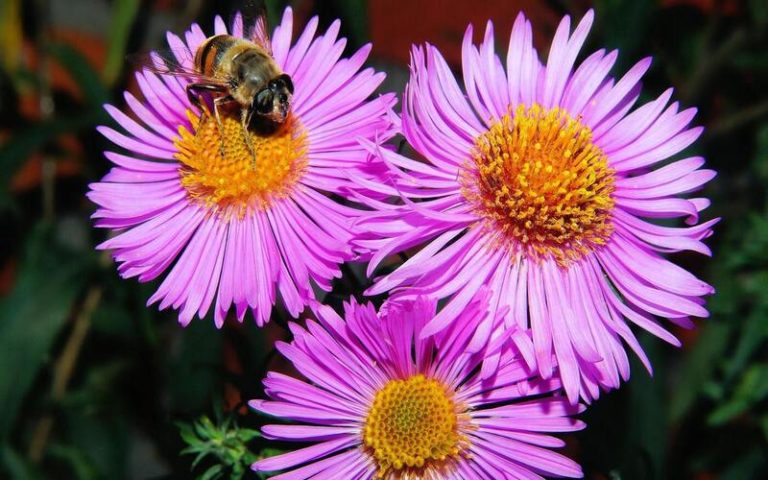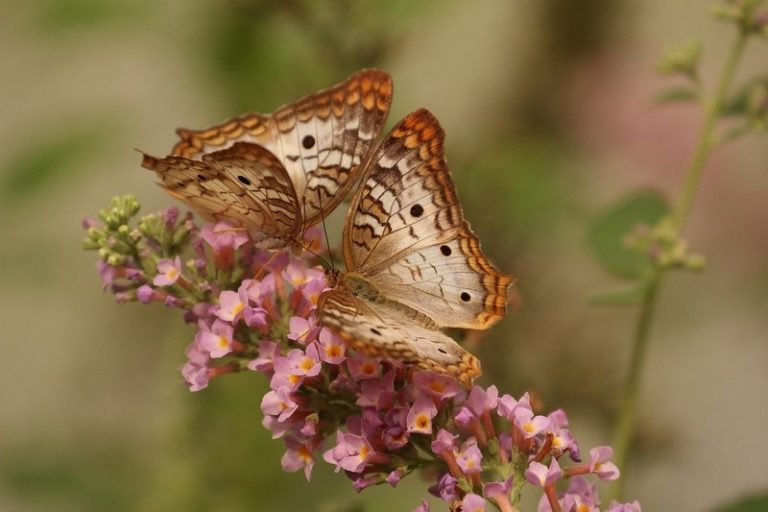Pest Control in Agriculture: Effective Solutions for Modern Farming
Introduction:
Pest control is an essential aspect of modern agriculture. The goal of pest control is to minimize or eliminate the damage caused by pests to crops and livestock. The damage caused by pests can have a significant impact on the quality and quantity of crops, which can ultimately affect the food supply and the economy.
In this article, we will explore the various methods of Pest Control in Agriculture and their impact on the environment and human health.
Integrated Pest Management (IPM)
Integrated Pest Management is a holistic approach to pest control that combines various methods to manage pests effectively.
IPM’s main goal is to cut down on the use of pesticides by using a mix of biological, cultural, and chemical methods to control pests.
Biological control involves the use of pests’ natural enemies, such as predators, parasites, and pathogens, to control their populations.
Cultural control involves the modification of crop management practices to make them less susceptible to pests. Chemical control involves the use of pesticides to control pests.
The benefits of IPM include reduced pesticide use, which reduces the risk of pesticide resistance, environmental contamination, and human and animal health risks. IPM is also cost-effective and can improve the health and productivity of the farm as a whole.
Organic Pest Control
Organic pest control involves the use of natural methods to manage pests in agriculture. This approach is based on the use of natural products, such as botanical insecticides, biopesticides, and natural predators.
Botanical insecticides are derived from plants and can be used to control pests in crops. Biopesticides are made from microorganisms, such as bacteria and fungi, that can control pests. Natural predators, such as ladybugs and praying mantises, can also be used to control pests.
Organic pest control has several benefits, including the reduction of pesticide use, the prevention of chemical contamination of crops, and the improvement of soil health. Organic pest control also helps to improve the farm’s overall health and biodiversity.
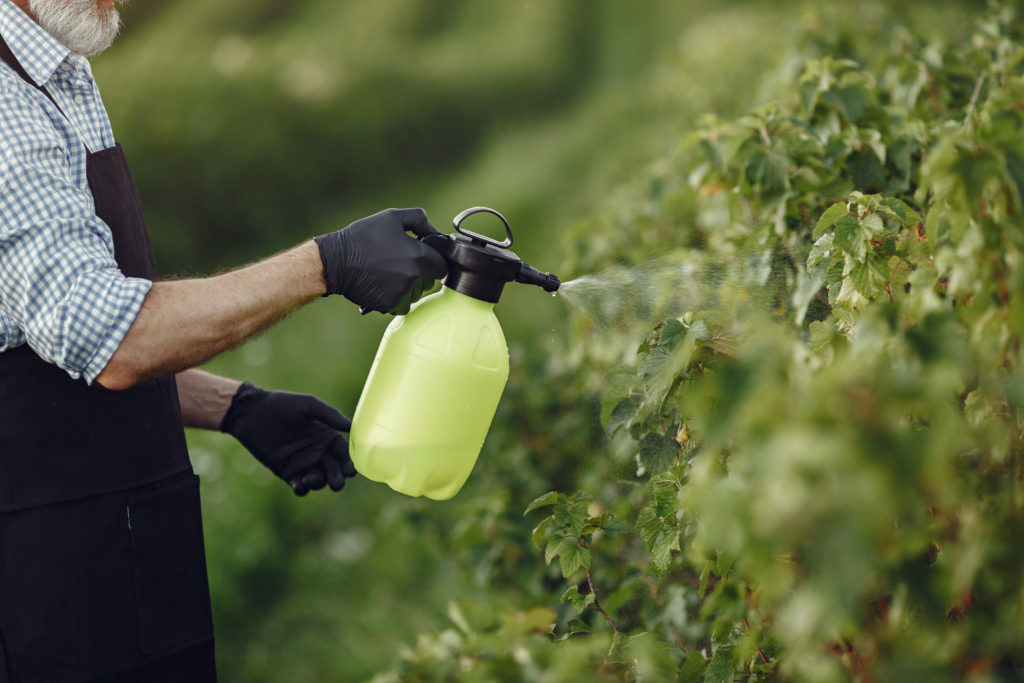
Chemical Pest Control
Chemical pest control involves the use of pesticides to manage pests in agriculture. Pesticides can be classified into different categories, such as insecticides, herbicides, and fungicides. Insecticides are used to control insects, herbicides are used to control weeds, and fungicides are used to control fungi.
While chemical pest control can be effective in controlling pests, it also has several disadvantages. Pesticides can be harmful to human health, and they can contaminate soil and water resources, which can have long-term environmental impacts.
Additionally, pests can develop resistance to pesticides, which can lead to the overuse of pesticides and make them ineffective in controlling pests.
Genetic Pest Control
Genetic pest control involves the use of genetic engineering to create plants that are resistant to pests. Genetic pest control can be used to create crops that are resistant to pests, which can reduce the use of pesticides.
Additionally, genetic pest control can be used to create crops that produce their own pesticides, which can eliminate the need for external pesticides.
Genetic pest control has several benefits, including the reduction of pesticide use and the prevention of chemical contamination of crops. But genetic pest control also brings up ethical questions about how safe genetically modified crops are and how they will affect the environment in the long run.
Sterile Insect Technique
The Sterile Insect Technique involves the use of sterilized male insects to control pest populations. Sterilized male insects are released into the environment, where they mate with female insects. However, because they are sterilized, they do not produce any offspring, which reduces the pest population.
The Sterile Insect Technique is a non-chemical method of pest control that can be effective in controlling pests. However, it can be expensive and time-consuming, and it may not be suitable.
Conclusion
Pest control in agriculture is a critical aspect of modern farming. The use of traditional pest control methods that rely heavily on chemical pesticides has been shown to be harmful to the environment and can have long-term negative effects on natural ecosystems.
To deal with these problems, farmers need to use new and long-lasting ways to get rid of pests, like Integrated Pest Management ( IPM ).
It is essential that farmers continue to explore and adopt sustainable pest control solutions to protect the environment, promote sustainable farming practices, and ensure a healthy future for the agriculture industry.
Also Read :-
Silicone Adjuvant for Agriculture : Improving Pesticide Efficiency and Crop Protection

